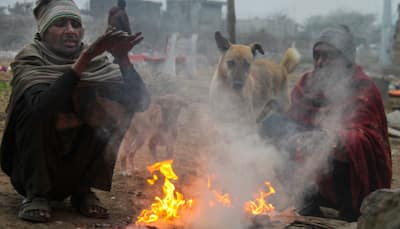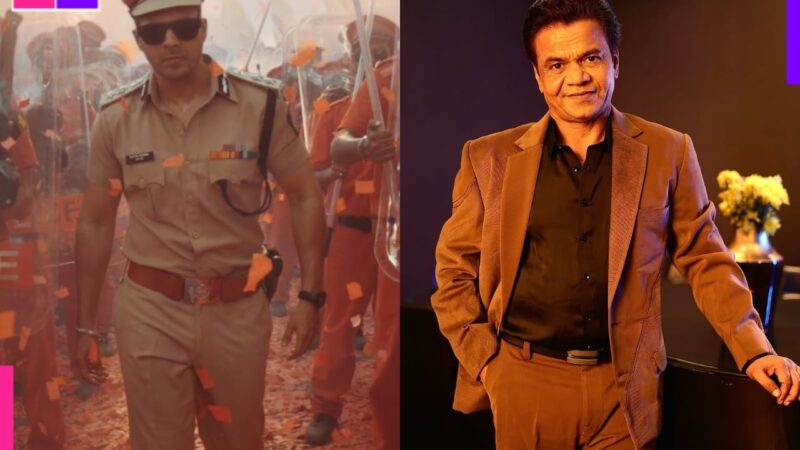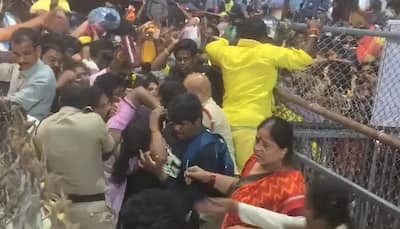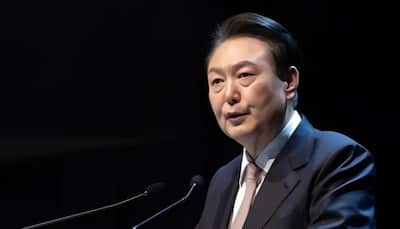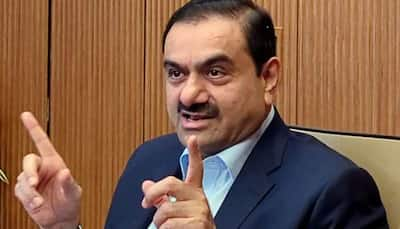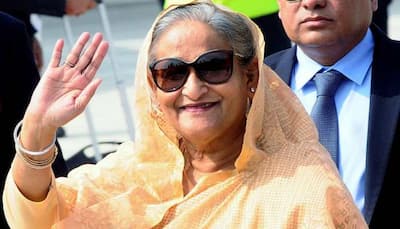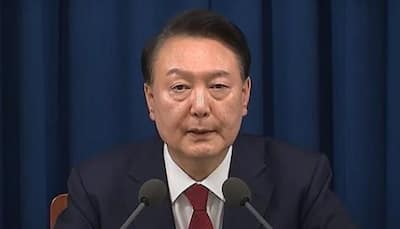Seoul: A Seoul court on Tuesday approved a request from law enforcement authorities to detain impeached President Yoon Suk Yeol over his brief martial law imposition, making him the first sitting South Korean President to face an arrest.
The Seoul Western District Court issued the warrant against Yoon on charges of masterminding the botched December 3 martial law declaration, orchestrating the insurrection and abusing power, according to sources.
South Korean law enforcement officials requested a court warrant on Monday to detain impeached President Yoon as they investigate whether his short-lived martial law decree on December 3 amounted to rebellion.
The Corruption Investigation Office for High-ranking Officials (CIO) filed the detention warrant after Yoon ignored all three summonses from the anti-corruption agency requesting his appearance for questioning over the short-lived martial law, Yonhap news agency reported.
The court warrant gives the CIO 48 hours to take Yoon into custody for questioning and file for an arrest warrant.
However, uncertainties linger over whether the CIO can execute the warrant, as the Presidential Security Service has blocked investigators from entering both the presidential office compound and Yoon’s official residence to carry out court-approved searches, citing military security concerns.
Although Yoon has presidential immunity from criminal prosecution, the privilege does not extend to insurrection or treason charges.
Yoon’s defence team has argued the CIO lacks legal authority to investigate insurrection, a charge for which, in principle, police have investigative jurisdiction under the current system, amended during the previous government.
Oh Dong-woon, the CIO chief, has said that, unlike search warrants, a court-issued detention or arrest warrant cannot legally be obstructed, even by the President.
Yoon has been suspended from his duties after the Opposition-controlled National Assembly voted to impeach him on December 14 over his imposition of martial law, which lasted six hours before it was overturned by a parliamentary vote.
The Constitutional Court has begun proceedings for deliberations to determine whether to remove Yoon from office or reinstate him. It has 180 days from December 14 to deliver its ruling.
Yoon’s failure to offer any evidence in support of his claims has raised concerns that he was endorsing conspiracy theories on right-wing YouTube channels that April’s parliamentary elections were rigged. The Democratic Party won those elections by a landslide. The Election Commission rejected Yoon’s allegations, stating there was no basis to suspect election fraud.
Stay informed on all the , real-time updates, and follow all the important headlines in and on Zee News.

